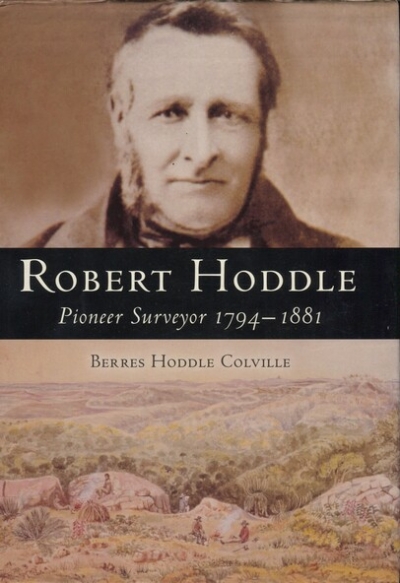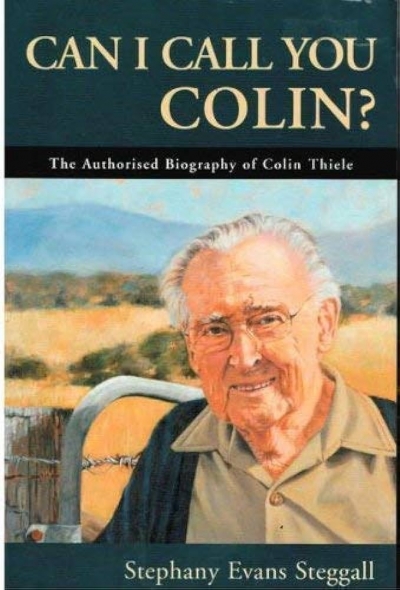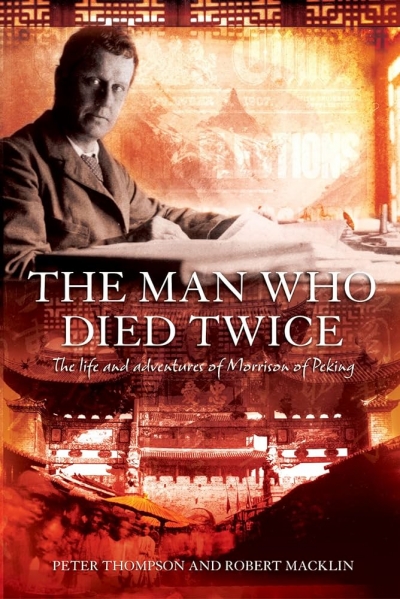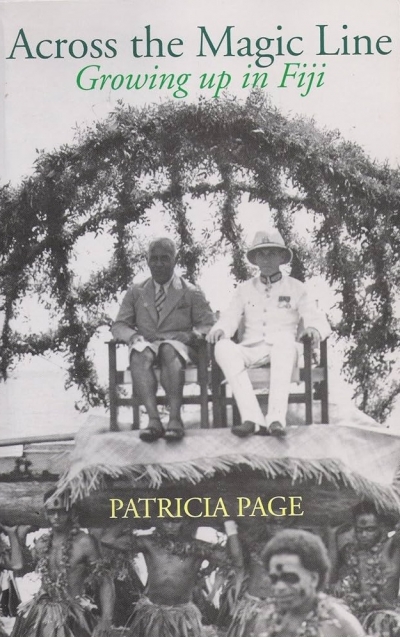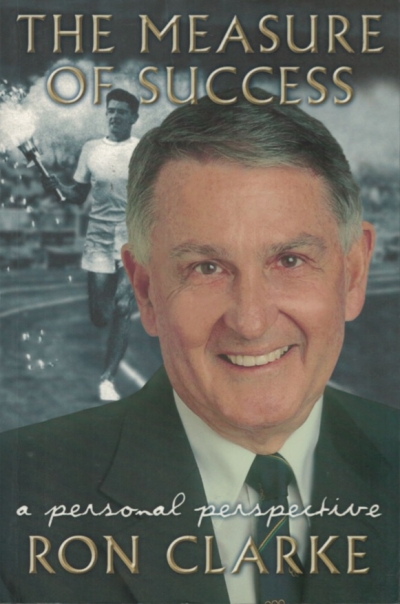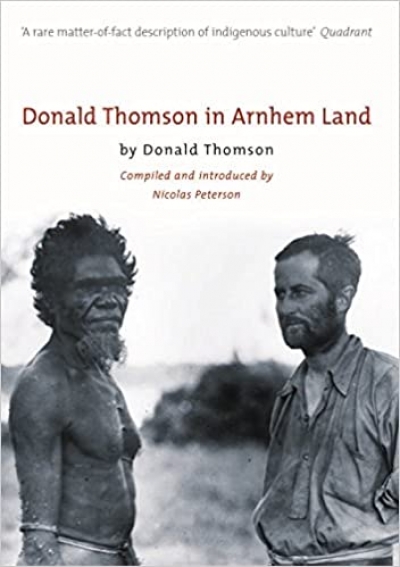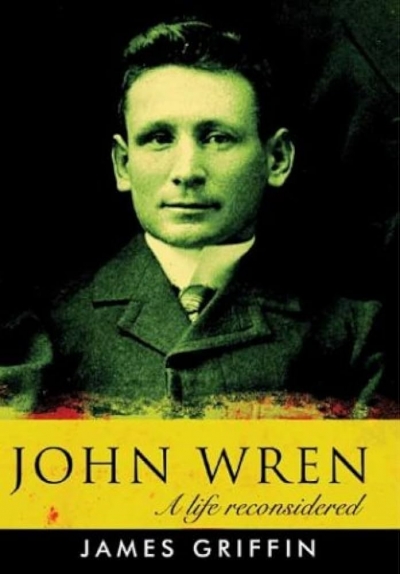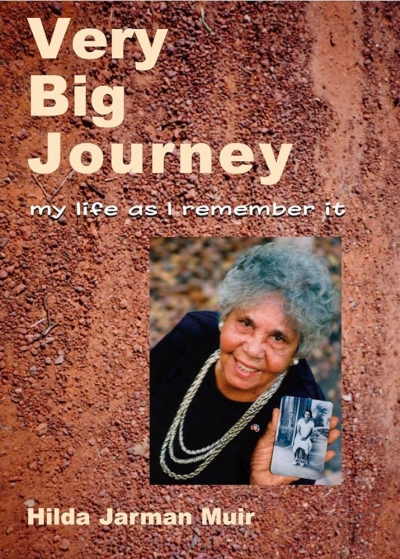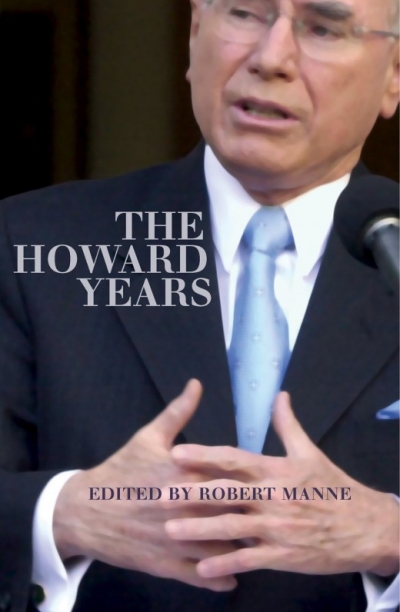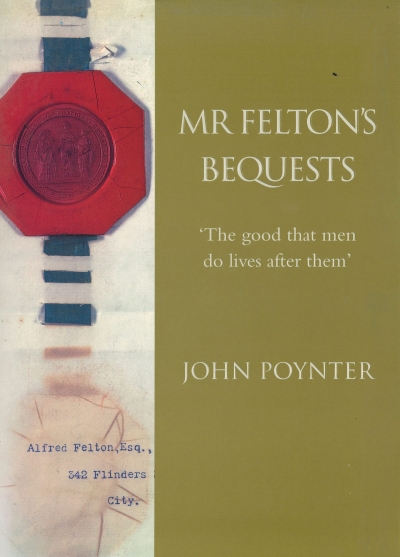Mention Colin Thiele’s name, and at least one listener will sigh and say The Sun on the Stubble in a wistful or regretful voice, depending on their schooldays memories. This biography takes us on ngrugie ngoppun: a ‘good walk’ with its subject. Largely chronological, it begins with a glimpse of the writer poised to tell his enduring story of the Coorong, Storm Boy (1963), and then retraces his long life and career (Thiele was born in 1920). His idyllic boyhood in the bosom of a loving farm community, his academic studies as a young adult, his RAAF service and his long distinguished teaching career are all laid out, leading to his subsequent fame as a part-time writer.
Thiele has been a prolific and versatile writer for over sixty years. He has written poetry, short stories, plays, biography, textbooks and novels, while working full-time as a teacher and then principal of Wattle Park Teachers’ College. He is best known for his novels about his beloved South Australia, in particular those set in fictitious settlements in the Barossa Valley: The Sun on the Stubble (1961), Uncle Gustav’s Ghosts (1974) and Labourers in the Vineyard (1970), among others. Storm Boy is widely acknowledged to be his best-loved story for children. Some of his short stories for young readers are small gems: Danny’s Egg (1989) could easily fit into the ‘Aussie Nibbles’ series. He has published a biography of Hans Heysen (Heysen of Hahndorf, 1968), and his own memoir of childhood, With Dew on My Boots (1997). He published poetry in the notorious Ern Malley issue of Angry Penguins, and had radio plays broadcast while still a young teacher. His work has been adapted for cinema and television. Considering his long life, too few photographs are included, but a note directs the reader to a website for more. There are more than thirty pages of notes and bibliography, and an extensive index.
...
(read more)

